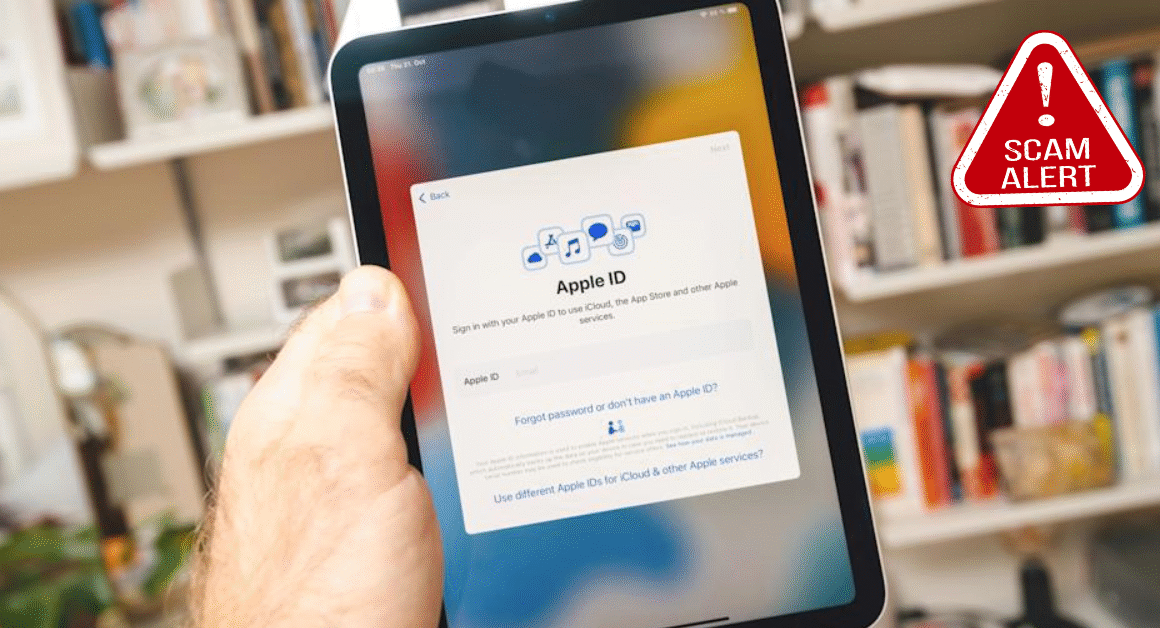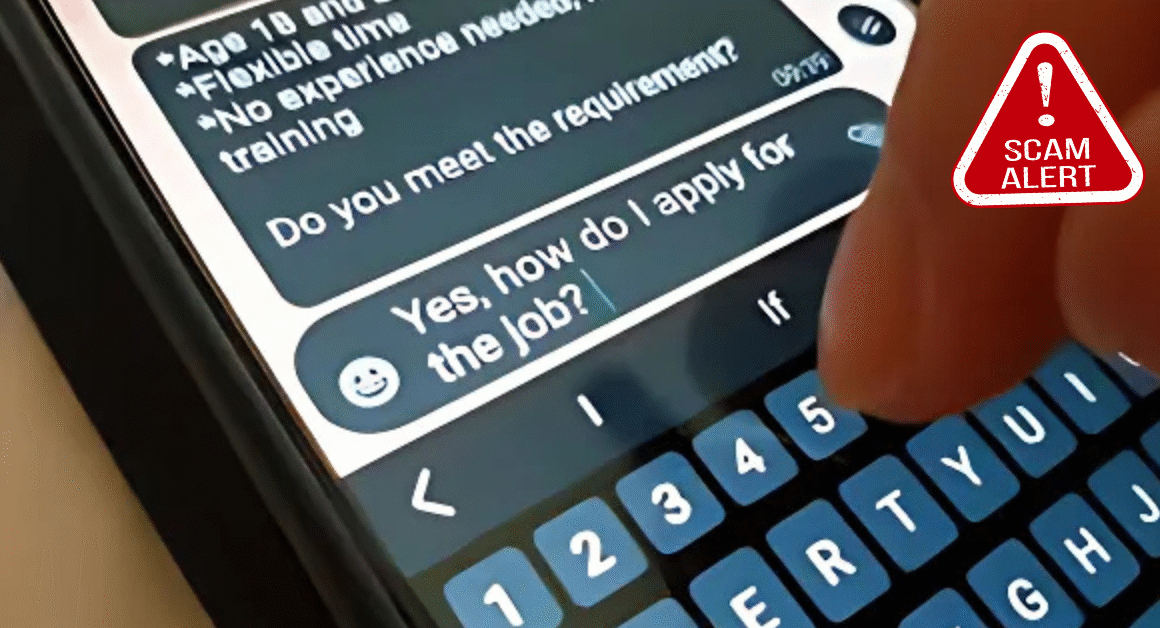Recently, the Federal Trade Commission (FTC) issued a warning about a growing scam on social media where people claim they have found a “hack” to access checking accounts and make quick money. These posts promise easy ways to access someone else’s bank account, tricking many users into thinking they can get free cash without consequences. However, the FTC explains that this is a dangerous fraud scheme designed to steal personal and financial information.
The scam is gaining attention because it spreads fast on platforms like Instagram, TikTok, and Twitter. Young users, especially, are vulnerable since these posts often look exciting and trustworthy. It’s important to understand how this scam works and how to avoid falling victim to it. The FTC’s recent announcement sheds light on these fraudulent posts and advises users to stay alert and protect their accounts.
What Exactly Is the “Checking Account Hack” Scam?
The scam involves social media posts or videos claiming there is a secret trick to access wealthy checking accounts or withdraw money without authorization. These posts often show fake proof or use misleading language to convince viewers. Some even offer “guides” or “tutorials” for a fee. According to the FTC’s official statement, these are fraudulent schemes designed to steal money and private information.
Sometimes scammers convince victims to provide their login details, personal IDs, or bank information by pretending to help. Others ask victims to pay fees to access the so-called hack, which is just a scam. The results can be devastating, including stolen money, damaged credit, and compromised identities.
Why Are Young People Falling for This Scam?
Many young people are attracted to ideas of making quick money online, especially during tough economic times. Social media makes scams look appealing because the posts are flashy, short, and easy to share. Plus, the “fear of missing out” (FOMO) pushes many to try these hacks without full knowledge of the risks.
Schools and parents may not always teach about modern online scams, so younger generations might not recognize red flags. Reports from FTC’s consumer protection resources highlight the importance of being skeptical about “too good to be true” offers on social media platforms.
How to Protect Yourself from Social Media Check Fraud
Firstly, never share your bank details or passwords online, no matter how trustworthy a post or person seems. Banks will never ask for sensitive information via social media or email. If you see posts promoting quick hacks to access checking accounts, avoid clicking or sharing them.
Additionally, always check information from reliable sources. The USA.gov scams and fraud page offers useful tips on how to spot and report scams. Make sure your devices have updated security software, and use strong, unique passwords for your bank accounts.
What To Do If You Suspect a Scam
If you think you or someone you know has fallen victim to this type of fraud, immediately contact your bank to secure your accounts. Change all your passwords and monitor your bank statements closely for any unauthorized charges. Report the scam to the FTC through their online complaint assistant to help protect others.
It is also helpful to inform friends and family about such scams so they can avoid similar traps. Staying informed and cautious can protect you from losing money or personal data to these social media fraud schemes.
Final Thoughts
Social media can be a great place to connect and learn, but it can also be a platform for dangerous scams like the fake checking account hack. By staying informed and skeptical, especially about offers promising quick money, you can safeguard your finances and privacy. Always rely on trustworthy sources like the FTC for advice on protecting yourself from scams.
Remember, if something sounds too easy or too good to be true, it probably is. Stay safe and think twice before trusting social media posts claiming to reveal secret hacks to your bank account.













